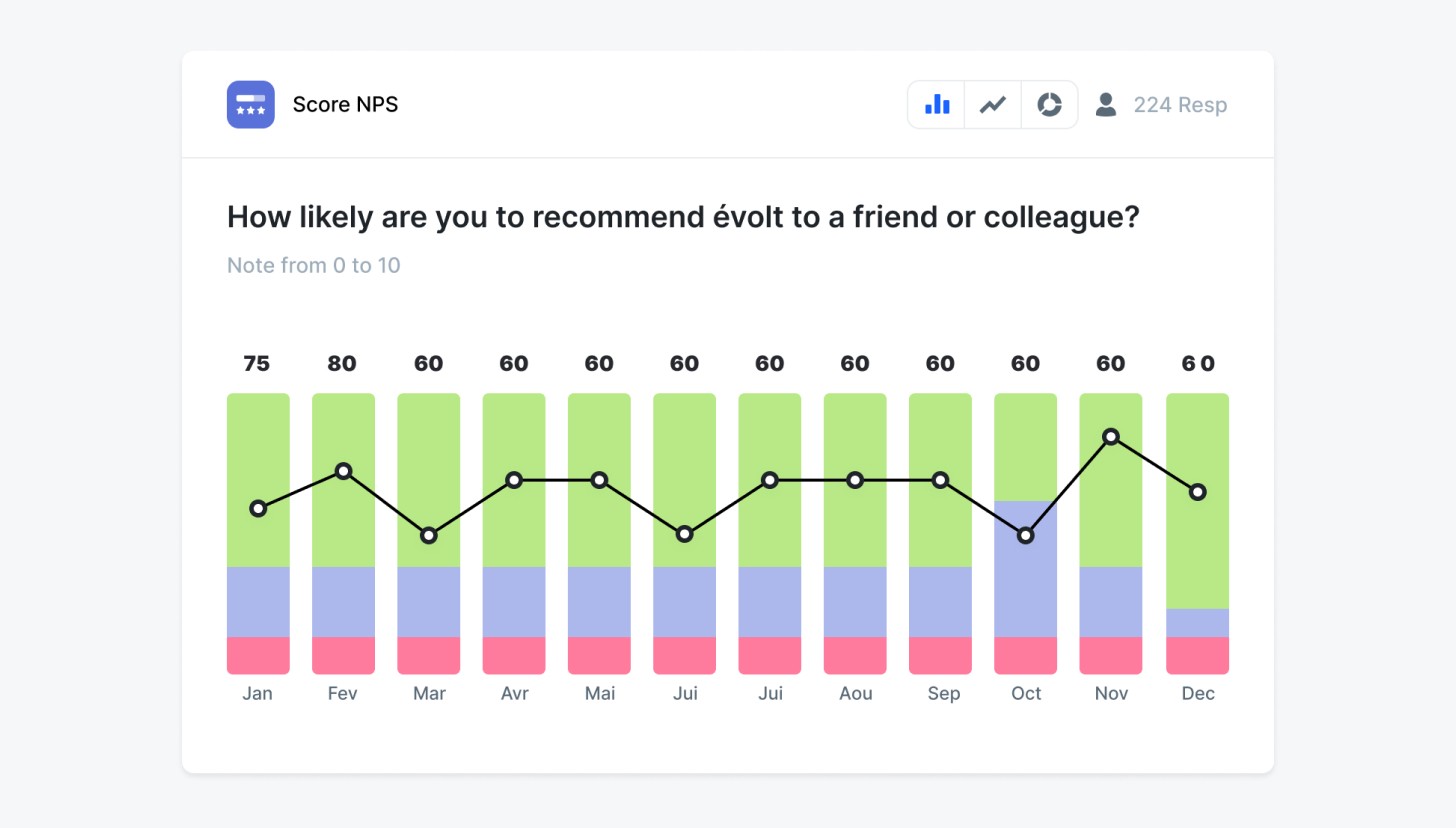Market Research vs. UX Research: Key Insights for Product Success
UX Research

Maria Correa
Nov 16, 2023
Market Research and UX Research are two distinct disciplines that share the common goal of understanding people. While they approach this goal in different ways, they both play a crucial role in gaining insights into user behavior and preferences.
For example, Market Research involves analyzing market trends, consumer behavior, and competition to identify opportunities and make informed business decisions. It includes methods such as surveys, focus groups, and data analysis to gather information about customer needs, preferences, and buying habits.
On the other hand, UX Research focuses specifically on understanding user experiences with products or services. It aims to uncover user needs, pain points, and preferences to inform the design and development about user-centered solutions. UX Researchers employ techniques like surveys, user interviews, usability testing, and user journey mapping to gain deep insights into how users interact with a product or service.
Now let’s take them apart to explain better. 👇🏽
Market Research: The Voice of the Masses
Imagine you're at a huge party, and you're trying to figure out what kind of music most people would like. Market Research is kind of like that, but for products and services.
1. What People Say:
It's like asking everyone at the party, "Hey, what's your favorite song?" You'll get a ton of answers, and that gives you an idea of the most popular tunes.
2. What People Will Buy:
This is guessing which band shirts from the party people would actually spend money on. Knowing this helps companies decide what to sell.
3. Big Crowds Matter:
The more people you ask at the party, the better idea you have about the general vibe. It's the same with Market Research. More responses mean clearer trends.
4. The Bigger Picture:
This kind of research gives you a general feel. It's like knowing most of your friends like rock music. It doesn't tell you why or which band specifically, just that rock is the go-to.
UX Research: User Interactions
Now, let's say instead of asking everyone about their favorite music, you sat down with a few people and watched their reactions as they listened to different songs. That's a bit like UX Research.
1. What People Do:
You're looking for head nods, foot taps, or even those tiny winces when a note feels off. It's the real-time reactions that matter, not just what they say they like.
2. How People Use Stuff:
Imagine giving someone a new gadget and just watching. Do they struggle with it? Do they find a neat trick you didn't know about? That's the heart of UX research: seeing how people interact with things.
3. It's About the Few, Not the Many:
Instead of asking the whole party, you're really getting to know just a handful of people. It's more about their personal experiences than the overall trend.
4. The Deep Dive:
UX gives you the nitty-gritty. While Market Research tells you rock is popular, UX research might tell you it's because of the wicked guitar solos or the lyrics.

How can you start?
With Told, you can achieve both market and UX research. Our versatile platform allows you to tailor your research based on your specific business goals and the type of questions you have. Whether you are seeking market trends or detail cover of user needs, We offer a range of question ideas that are suited for each statement. With Told, you have the flexibility to conduct thorough research and gain valuable insights to support your business decisions.
Now let's see some examples to dconduct Market and UX Research
Market Research
What is your age?
Gender?
Location?
Role inside your company?Are you currently using any products or services similar to ours? (Yes/No)
If yes, please specify the name(s) of the product(s) or service(s) you are using:What features do you consider most important when choosing a product like ours? (Select up to three)
[ ] Price
[ ] Quality
[ ] Brand reputation
[ ] Features and functionality
[ ] Customer support
[ ] User reviews and ratings
[ ] Other (please specify): __________What improvements or new features would you like to see in products like ours in the future?
How do you usually find and decide on products or services to purchase? (Select all that apply)
[ ] Online research and reviews
[ ] Recommendations from friends or family
[ ] In-store browsing
[ ] Advertising and promotions
[ ] Other (please specify): __________
UX Research
Have you encountered any challenges or frustrations while using our product or service?
How do you typically find and choose products or services like ours?
What specific features or functionalities do you find most valuable when using our product?
Do you prefer using our product on a mobile device, web browser, or desktop application?
What emotions or feelings come to mind when you think about your experience with our product?
Conclusion: It's All About Balance
Both Market Research and UX Research are essential for businesses to make informed decisions and create products that meet user needs effectively. By combining the insights from these two disciplines, companies can gain a comprehensive understanding of their target audience and develop strategies to deliver exceptional user experiences.
So, which is better? Well, it's like asking if it's better to know everyone's favorite song or to deeply understand one person's music taste. Both are cool and useful. In the world of business, it's about using both these methods to make sure products are wanted and loved. Sounds like a win-win, right?







